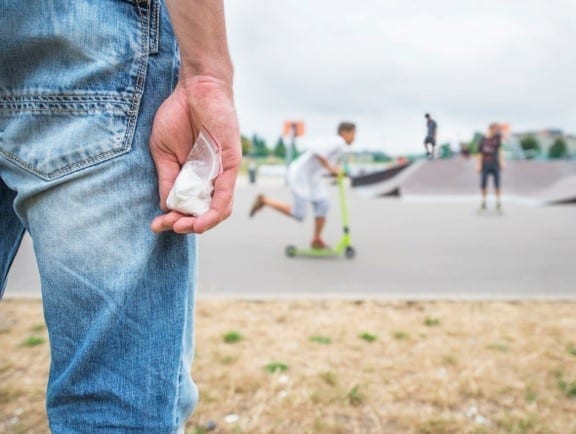Important Changes to How Chicago Prosecutes Minor Drug Offenses
Although Chicago jails are packed with offenders of low-level drug crimes, the drug crime rate in the city continues to trump national averages. Every month, hundreds of marijuana arrests are made in Cook County alone.
As Cook County State Attorney Anita Alvarez explained to reporters from the Chicago Tribune, “what we are currently doing here in Cook County in handling our low-level drug cases is simply not working”.
In an effort to find a more productive approach to low-level, nonviolent drug offenses, the state’s attorney’s office is changing the way it handles low-level drug crimes. How so? Last Monday, the state’s attorney’s office announced that it will no longer prosecute low-level drug crimes.
Instead, the office will dismiss misdemeanor marijuana cases for offenders with fewer than three arrests, and redirect nonviolent offenders with low-level felony cocaine, heroin, and marijuana possession charges to drug treatment programs. In addition, the state’s attorney’s office will assign juvenile offenders of low-level drug crimes to local programs for education and mentoring.
The state’s attorney office’s decision aligns with the national trend towards decriminalizing low-level drug offenses, and addressing chronic drug use and addiction as an issue of public health. Similar programs in Brooklyn, Seattle, and Santa Fe are also under work.
A Stop to Prosecutions Doesn’t Mean a Stop to Arrests
However, it’s important to remember that the Cook County State’s Attorney’s decision to end prosecution of low-level drug crimes doesn’t mean an end to arrests. Alvarez assures opponents that she isn’t advocating the legalization of drugs, or encouraging people to be drug users.
In fact, State’s Attorney Anita Alvarez urged Chicago police officers not to stop making arrests of low-level drug offenders, as this is the only way to ensure chronic drug abusers receive the treatment they need.
By diverting chronic drug users to drug treatment programs and social services, our state’s criminal justice system will be able to invest more of its attention on violent and gun crimes.
What this Means for Your Drug Case
Under the state’s attorney’s program, the following types of cases may be diverted to social programs and drug treatment in lieu of criminal conviction:
- Possession of marijuana
- Possession of a gram or less of a controlled substance such as cocaine or heroin, except those with major violence in their recent criminal background
- Low-level juvenile drug crimes
 If you are facing any kind of drug charge in Chicago, you need to contact an experienced drug crimes defense lawyer and begin to prepare your case if you want to benefit from the state’s attorney’s new program.
If you are facing any kind of drug charge in Chicago, you need to contact an experienced drug crimes defense lawyer and begin to prepare your case if you want to benefit from the state’s attorney’s new program.
There are many different types of drug charges, and the severity of the charges are based on a variety of factors. Different charges mean different consequences. For instance, if you are able to have your marijuana possession charges labeled as a misdemeanor, you may be able to have your case dismissed entirely under the state’s attorney’s new program. If you are charged with the lowest level felony for possession of a controlled substance, you may be able to qualify for drug treatment and social services.
A lawyer with experience in Chicago drug crime defense can help you understand the charges facing you, and explore your best strategies for defense. A competent criminal attorney can protect you from unduly harsh sentencing, fighting for your right to rehabilitation services under Cook County’s pioneering program and helping you avoid conviction.
About the Author:
Andrew M. Weisberg is a former felony prosecutor who now serves as a defense attorney in the greater Chicago area. He has extensive experience in handling all types of criminal cases, from sex offenses and domestic violence to retail theft-related crimes, Murder, and drug crimes.







 Blog Home
Blog Home 










